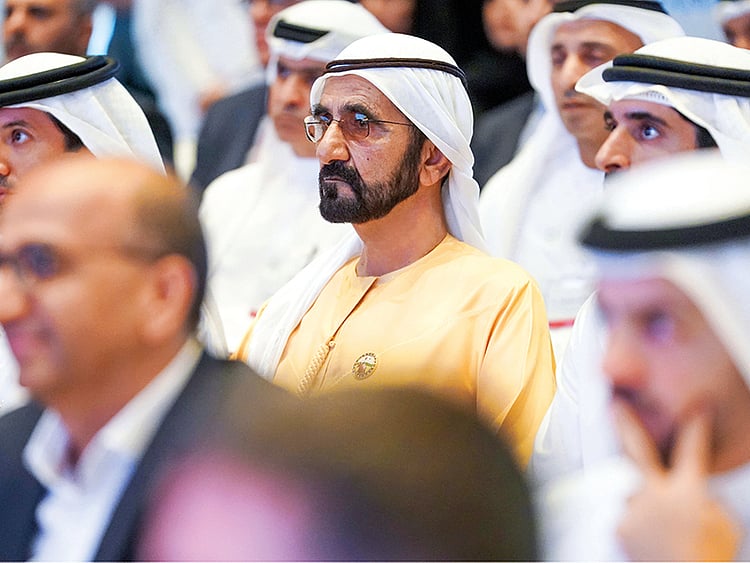IMF forecasts higher GDP growth for the UAE
The UAE needs higher spending in the near term to boost growth

Dubai: The UAE economic growth is expected to strengthen over the next few years on higher oil prices and increased government spending, the International Monetary Fund (IMF) Staff said in a statement following the latest Article IV consultation.
The IMF team observed that the UAE needs more fiscal easing in the near term and once the recovery gains momentum the government could return to a path of gradual and growth-friendly fiscal consolidation.
“The UAE economy continues to adjust to a prolonged decline in oil prices since 2014. Non-oil activity remains subdued amid continued corporate restructuring, real estate overhang, and tightening financial conditions. With oil production and government spending set to rise, overall growth is projected to strengthen to 2.9 per cent this year and 3.7 per cent next year,” said Natalia Tamirisa, The IMF team leader of the 2018 Article IV Consultation.
The UAE’s inflation is projected at 3.5 per cent this year owing to the introduction of the value-added tax and should ease afterwards. The fiscal deficit is expected to remain stable at about 1.6 per cent of GDP this year and turn to a surplus next year. The current account surplus will exceed 7 per cent of GDP this year.
“Given large fiscal buffers, ample spare capacity, and rising investment needs for Expo 2020, the government has appropriately switched to providing stimulus to the economy. Front-loading stimulus measures and focusing them on productive spending, consistent with the Vision 2021 goals of diversifying the economy and raising productivity, would augment their impact on growth,” said Tamirisa.
Over the medium term, the IMF expects oil prices to soften, a return to the path of gradual fiscal consolidation would help save an adequate portion of the exhaustible oil income for future generations. Continued improvements in spending efficiency and strengthening non-oil revenue, including by gradually replacing a system of numerous and regressive fees with corporate taxation, would help achieve these goals.
The IMF team called on deepening and broadening structural reforms aimed at increasing the role of the private sector and fostering talent and innovation to improves medium-term growth and job prospects and advancing to a competitive knowledge-based economy.
The IMF welcomed the UAE’s recently announced plans to liberalise foreign investment, introduce long-term visas for professionals, and ease licensing requirements and business fees. In addition, the team called for further reforms relating to promoting competition, privatising non-strategic government-related enterprises (GREs), and improving SME access to finance.
As part of the financial sector reforms the IMF said developing domestic government debt markets would catalyse financial market development and expand sources of financing for SMEs. The IMF team also called for continued upgrading of bank regulations and strengthening bank supervision are essential to maintain the resilience of the banking system.
“Tightening financial conditions and increased global and regional uncertainty call for continued vigilance in monitoring financial sector risks, including those from a prolonged downturn in real estate and concentrated loan portfolios,” said Tamirisa.
Sign up for the Daily Briefing
Get the latest news and updates straight to your inbox
Network Links
GN StoreDownload our app
© Al Nisr Publishing LLC 2026. All rights reserved.